Institute for European Studies
Esra Akcan

Professor, Architectural Theory
Esra Akcan is the Michael A. McCarthy Professor of Architectural Theory in the Department of Architecture. Her scholarly work on a geopolitically conscious global history of urbanism and architecture inspires her teaching. She is the author of Architecture in Translation: Germany, Turkey and the Modern House (Duke University Press, 2012); Turkey: Modern Architectures in History (with S.
Additional Information
The End of Thick Security and the Normalization of the European Nationalist Right: A Historical Analysis
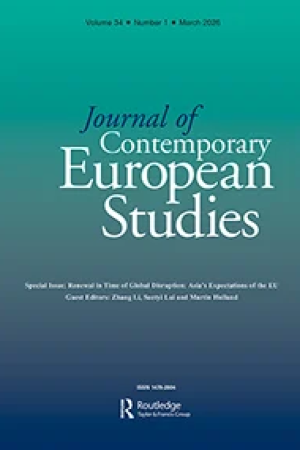
By Our Faculty
In the years between 2000 and 2022, thick security weakened and left European nationstates vulnerable to political, economic, and cultural ruptures with no organizational fallback in sight. A ‘post-security’ polity emerged that lacked the institutions that guarded security in the past. Post-security implies the absence of security mechanisms, not the absence of a need for security. The post-security polity privileges markets and peoples that cross borders, fosters austerity that threatens solidarity, and supports multicultural inclusion at the expense of nationalist exclusion.
Article
Additional Information
Program
Type
- Article
Publication Details
Publication Year: 2026
Journal: Journal of Contemporary European Studies
April 9: Book Symposium: "Bukovina: The Life and Death of an East European Borderland"
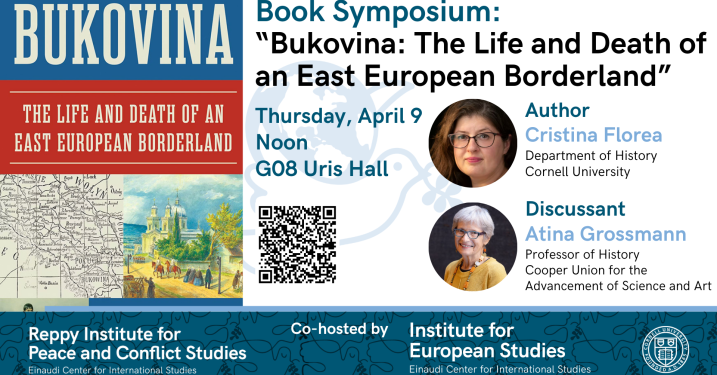
A two-hundred-year history of a region shaped by the conflicting pulls of imperial legacies and national ambitions, Bukovina reveals the paradoxes of modern history found in a microcosm of Eastern Europe.
Travel Grants Send Grad Students Abroad

Apply by March 6 for Summer 2026
Eighty-three graduate students traveled internationally for fieldwork last summer with Einaudi Center support.
Additional Information
Writing a Winning Fulbright Proposal
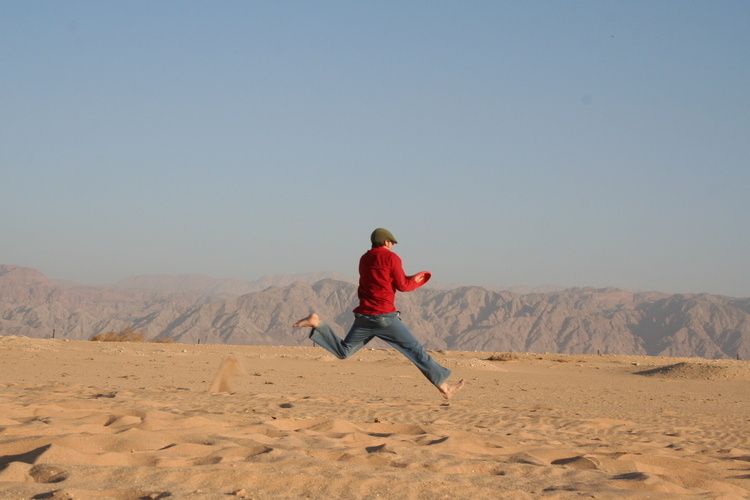
January 23, 2027
4:30 pm
Uris Hall, G08
Primarily for undergraduates, this session offers guidance on how to write a winning proposal for the Fulbright U.S. Student Program. The session will be led by two Fulbright advisors with years of experience. Applying for a Fulbright? We encourage you to attend!
Additional Information
Program
Einaudi Center for International Studies
Reppy Institute for Peace and Conflict Studies
East Asia Program
Southeast Asia Program
Latin American and Caribbean Studies
Institute for African Development
Institute for European Studies
South Asia Program
Information Session: Fulbright U.S. Student Program

May 18, 2026
5:00 pm
The Fulbright U.S. Student Program supports U.S. citizens to study, conduct research in any field, or teach English in more than 150 countries. The program is open to graduate students, recent graduates, and young professionals. Undergraduate students who wish to begin the program immediately after graduation are encouraged to start the process in their junior year. Recent graduates are welcome to apply through Cornell.
The Fulbright program at Cornell is administered by the Mario Einaudi Center for International studies. Applicants are supported through all stages of the application and are encouraged to start early by contacting fulbright@einaudi.cornell.edu.
Register for the virtual session.
Can’t attend? Contact fulbright@einaudi.cornell.edu.
Additional Information
Program
Einaudi Center for International Studies
Reppy Institute for Peace and Conflict Studies
East Asia Program
Southeast Asia Program
Latin American and Caribbean Studies
Institute for African Development
Institute for European Studies
South Asia Program
Migrations Program
Pop after Empire: Disco, Decolonization, and the Re-Making of Europe's Pop Music Industry
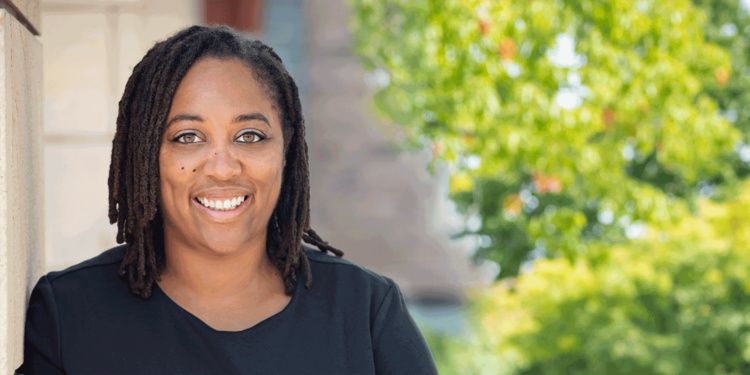
April 14, 2026
5:00 pm
A. D. White House, Guerlac Room
An abstract for the talk will be posted here as soon as it is available.
About the speaker
Kira Thurman is a highly-sought-after and award-winning historian and musicologist. A classically-trained pianist who grew up in Vienna, Austria, Thurman earned her PhD in history from the University of Rochester with a minor field in musicology from the Eastman School of Music. Her research, which has appeared in German Studies Review, the American Historical Review, Journal of the American Musicological Society (JAMS), Opera Quarterly, and Journal of World History, focuses on two topics that occasionally converge: the relationship between music and national identity, and Central Europe's historical and contemporary relationship with the Black diaspora.
Host
The Institute for European Studies, part of the Einaudi Center for International Studies
Additional Information
Program
Einaudi Center for International Studies
Institute for European Studies
Information Session: Fulbright U.S. Student Program

April 13, 2026
4:45 pm
The Fulbright U.S. Student Program supports U.S. citizens to study, conduct research in any field, or teach English in more than 150 countries. The program is open to graduate students, recent graduates, and young professionals. Undergraduate students who wish to begin the program immediately after graduation are encouraged to start the process in their junior year. Recent graduates are welcome to apply through Cornell.
The Fulbright program at Cornell is administered by the Mario Einaudi Center for International studies. Applicants are supported through all stages of the application and are encouraged to start early by contacting fulbright@einaudi.cornell.edu.
Register for the virtual session.
Can’t attend? Contact fulbright@einaudi.cornell.edu.
Additional Information
Program
Einaudi Center for International Studies
Reppy Institute for Peace and Conflict Studies
East Asia Program
Southeast Asia Program
Latin American and Caribbean Studies
Institute for African Development
Institute for European Studies
South Asia Program
Migrations Program
European History Colloquium - Dan Edelstein
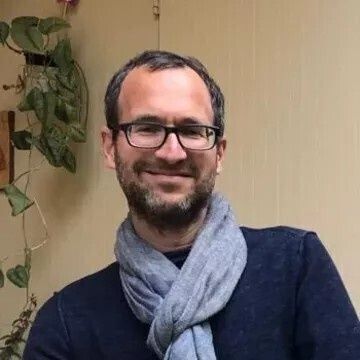
April 9, 2026
4:30 pm
Mary Ann Wood, B21
European History Colloquium - Dan Edelstein, William H. Bonsall Professor of French and (by courtesy) of Political Science and History at Stanford University
Thursday April 9, 4:30 pm
120 Mary Ann Wood Dr.
Room B21
Additional Information
Program
Institute for European Studies
Information Session: Fulbright U.S. Student Program

March 18, 2026
4:45 pm
The Fulbright U.S. Student Program supports U.S. citizens to study, conduct research in any field, or teach English in more than 150 countries. The program is open to graduate students, recent graduates, and young professionals. Undergraduate students who wish to begin the program immediately after graduation are encouraged to start the process in their junior year. Recent graduates are welcome to apply through Cornell.
The Fulbright program at Cornell is administered by the Mario Einaudi Center for International studies. Applicants are supported through all stages of the application and are encouraged to start early by contacting fulbright@einaudi.cornell.edu.
Register for the virtual session.
Can’t attend? Contact fulbright@einaudi.cornell.edu.
Additional Information
Program
Einaudi Center for International Studies
Reppy Institute for Peace and Conflict Studies
East Asia Program
Southeast Asia Program
Latin American and Caribbean Studies
Institute for African Development
Institute for European Studies
South Asia Program
Migrations Program
